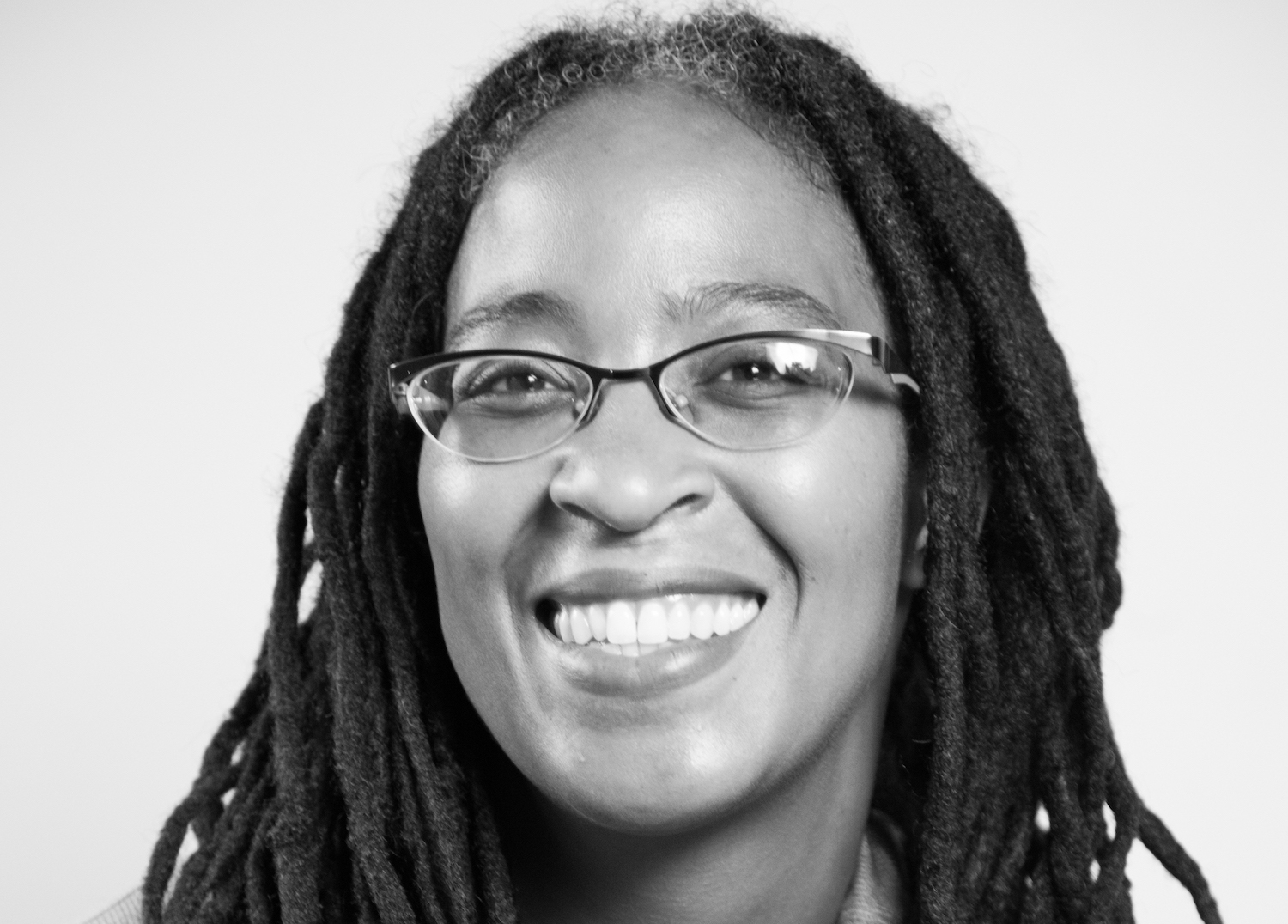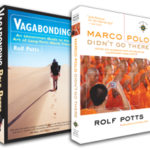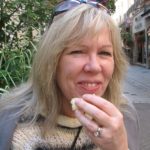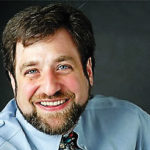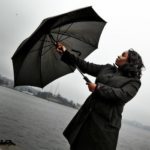Camille T. Dungy was named a Guggenheim fellow in 2019. She is the author the essay collection Guidebook to Relative Strangers: Journeys into Race, Motherhood and History (W.W. Norton, 2017), a finalist for the National Book Critics Circle Award, and four collections of poetry, most recently Trophic Cascade (Wesleyan UP, 2017), winner of the Colorado Book Award. She has also edited anthologies including Black Nature: Four Centuries of African American Nature Poetry. Her honors include NEA Fellowships in both poetry (2003) and prose (2018), an American Book Award, and two NAACP Image Award nominations. She is a professor at Colorado State University.
How did you get started traveling?
I was probably about 5 months old when I started to travel. It would have been for a Christmas trip to see my grandparents. That trip, obviously, I don’t remember. I do remember when I was 4 1/2 years old and my family lived in Nigeria for a stretch while my father (a physician) did work with the World Health Organization. I remember the flight back from Nigeria. We stopped for a few days in London. London was particularly cold and damp after those many weeks in Northern Nigeria. Harrod’s seemed enormous. I bought a stuffed camel there that I still own. My dad’s tie got stuck in an elevator whose doors had closed, and that terrified me. The double decker buses were cool, but I liked the open roads in northern Nigeria better than the crowed streets of London. I started flying alone (accompanied by my 8 year old sister) the summer I was 5 1/2. We flew from LAX to O’Hare to spend several weeks in Chicago with my grandparents. In Guidebook to Relative Strangers, I write about both what instigated that Chicago summer trip and the ones for several summers afterwards, as well as one of my key memories from our time in Nigeria. I think I’ve always been a traveler, because my parents have always been travelers. It just seems like a good and open-minded way to live a life.
How did you get started writing?
My mother would say that I’ve been writing since before I could write. I’d scribble on a page then recite my “story.” I think that the urge to organize the world via an imaginative narrative has been with me my whole life. I was lucky to have been born into a family that encouraged this. That grandmother I was always flying to visit was a grade school librarian. There were always books in my house. Writing was something that was valued and respected, and so it was something I have always wanted to do.
What do you consider your first “break” as a writer?
I remember being in junior high and knowing that my English teachers and camp counselors clearly believed I was a strong writer. I met Gwendolyn Brooks and Nikki Giovanni around that time, and both of them were incredibly encouraging. I won a regional writing contest in 10th grade with a poem about the Mississippi river, which I’d driven over and was enthralled by. (My parents still have that poem hung in the guest-room in their house. I suggested this year that maybe I had some more recent writing they could display.) I think what I’m saying is that I have had encouragement all along the way. I am proud of each accomplishment. As I said when interviewed about the recent announcement of my Guggenheim fellowship, I understand this fellowship to be a starting block for my journey towards a new set of possibilities and artistic discoveries. When “big breaks” happen, I pause briefly to celebrate what the honor means to me and to the communities who have supported my work through the years. Then l start working again.
As a traveler and fact/story gatherer, what is your biggest challenge on the road?
I have found lately that my biggest challenge is resisting the screen on the back of the seat on the plane. There are several steps I have to go through to watch TV and movies at home. Screen time has to be intentional in my home work space. But on a plane…it’s right there. It’s hard to stay focused on writing and reading and compiling notes when I could be so easily watching a summer blockbuster instead. Maybe that’s not what your question is intended to be asking but, truly, staying focused when distractions abound is one of the biggest challenges for me on the road.
What is your biggest challenge in the research and writing process?
This is going to be a glass half full/half empty sort of answer. The thing is, there are always new facts to discover, new angles to take on a subject, new insights to be had, one more interview to conduct or museum to visit. One can get overwhelmed by the possibilities, and that can become a challenge. It’s hard sometimes not to be overwhelmed by the possibilities. That’s the half empty perspective. But the half full perspective allows me to be thrilled by all the possibilities available to me.
What is your biggest challenge from a business standpoint?
Taxes. Keeping records for taxes is a pain. I have to keep good records. I want to keep good records. Still, those weekends in February and March every year when I’m compiling those records are the least enjoyable weekends of any year. (Except for the fact that sometimes going over the records reminds me of some really cool thing I was able to experience in the past year).
Have you ever done other work to make ends meet?
I am a professor at Colorado State University. I’ve been teaching at the university/college level my entire career. I love teaching. I think that since I’m in and out of classrooms all the time it helps me as I think about writing as a traveler. What would my students—who are curious and eager, but who may not have had or will have the opportunity to be where I am now—what would such students (and their parents and grandparents and friends) need and want to know about the place to which I’ve traveled?
What travel authors or books might you recommend and/or have influenced you?
I love the work and vision of Faith Adiele. Suzanne Roberts has a book called Almost Somewhere that I really like. Bill Bryson writes a good tale of a long ramble, as does Brian Bouldrey. In his book, The Unsettlers, Mark Sundeen travels with a purpose I completely get behind. All that said, of all these people I mention, Rebecca Solnit travels and writes about travel the most like I travel and want to write about travel. (Though she doesn’t do it while hauling around a lap child, which is what I did while writing Guidebook to Relative Strangers). I love the way Solnit sees the world when on the road as well as when she’s at home.
What advice and/or warnings would you give to someone who is considering going into travel writing?
Learn how to write about where you are from with the same kind of keen eye you apply to writing about far-flung places. This can help prevent you from exoticizing and essentializing places that seem distant from what you know, because you will have learned to cast a critical and open eye on your own community as well.
What is the biggest reward of life as a travel writer?
I’ve been to six of the seven continents (I’m always looking for an opportunity to get to Australia), and all 50 states plus a few U.S. territories. In the process, I’ve met a lot of truly amazing human beings, as well as some extraordinary non-human living beings. What a world we live in! Being a travel writer helps me explore and even more deeply appreciate this great, wide, wonderful world.

